US military unprepared for prolonged war with China Says Trump nominee
- Update Time : Thursday, April 3, 2025
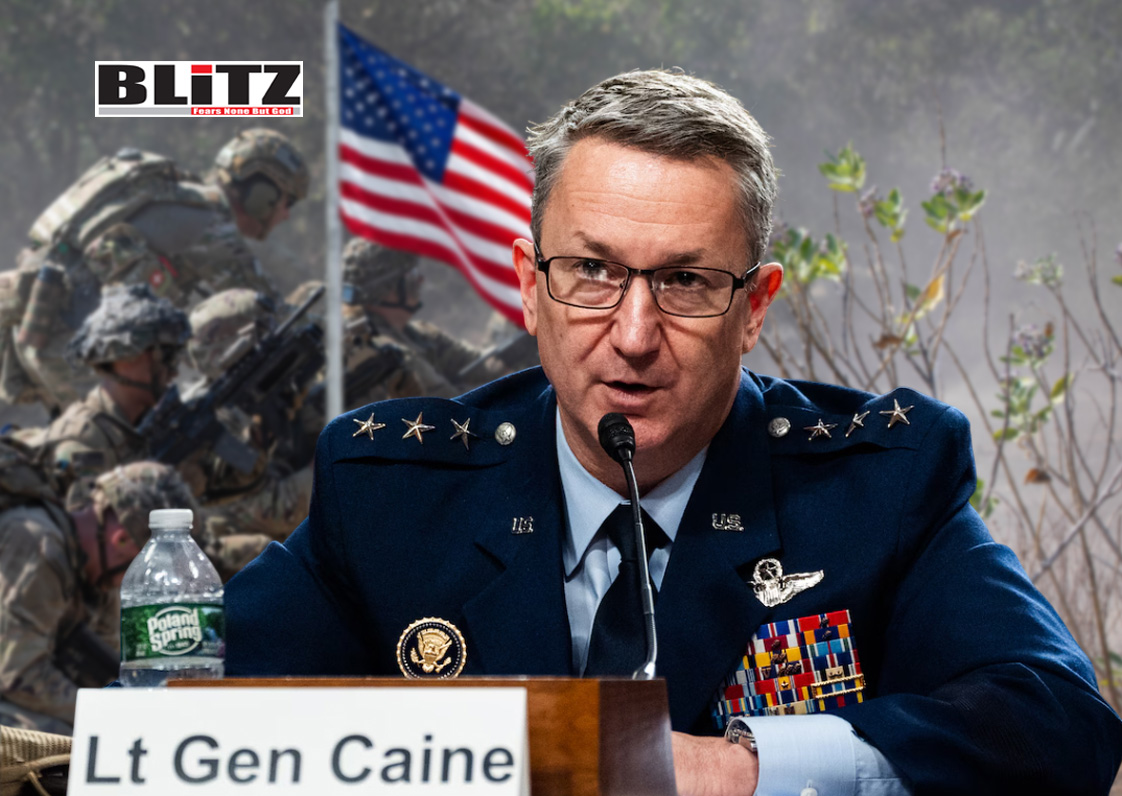
Retired Lieutenant General John Caine, President Donald Trump’s nominee to lead the Joint Chiefs of Staff, has warned that the United States military is currently unprepared for a protracted conflict with China. In his written testimony to the Senate Armed Services Committee on April 1, Caine pointed to significant deficiencies in the US defense industrial base and acquisition processes, stressing the urgency of strengthening American military capabilities in the Indo-Pacific region.
Caine underscored the rising strategic challenge posed by China, noting that Beijing’s military modernization efforts have significantly improved its ability to project power. “The threat posed by China to American interests in the Indo-Pacific is real and growing. The US needs to work with allies and partners to deter China’s aggression in this region,” he wrote in his testimony.
China has been rapidly expanding its military capabilities, particularly in naval strength, cyber warfare, and missile technology. According to Caine, the Chinese People’s Liberation Army (PLA) has made “significant military improvements,” including adjustments in military structures and the deployment of advanced indigenous weapons systems. Numerically, he acknowledged, China now possesses the largest navy in the world, surpassing the US in terms of fleet size.
However, Caine pointed out that despite these advancements, China still faces critical shortcomings in areas such as commander proficiency, long-distance logistics, urban warfare, and overall modern warfare experience. While these weaknesses may provide a strategic advantage to the US and its allies, he cautioned that Washington must not be complacent.
Perhaps the most alarming aspect of Caine’s testimony was his assertion that the US defense industrial base is not prepared for an extended conflict. “Unfortunately, at this critical moment, the Joint Force is contending with an acquisition process and defense industrial base that are not optimized for protracted conflict. The US does not have the throughput, responsiveness, or agility needed to deter our adversaries,” he warned.
The ability to sustain military operations over an extended period requires a robust defense production system, efficient logistics, and rapid technological adaptation. However, the US defense sector has struggled with bureaucratic inefficiencies, supply chain vulnerabilities, and delays in weapons development. The recent challenges faced by the Pentagon in ramping up ammunition and arms production for Ukraine amid its ongoing war with Russia further highlight these issues.
Caine also weighed in on the geopolitical dynamics surrounding China, Russia, and North Korea. While acknowledging that these countries are engaged in limited cooperation, he dismissed concerns that they are forming a cohesive military alliance akin to NATO. “These countries are not acting as a bloc, nor are they trending toward a NATO-style alliance,” he stated.
Nevertheless, the strategic alignment between these nations cannot be ignored. China and Russia have deepened their economic and military ties, including joint military exercises and arms trade. North Korea, meanwhile, has provided indirect support to both countries, such as arms transfers to Russia for use in Ukraine. These relationships complicate the security landscape and present challenges for US foreign policy.
At the heart of the US-China rivalry is Taiwan, the self-governed island that Beijing claims as its own. Chinese President Xi Jinping has reiterated his preference for “peaceful reunification” but has refused to rule out the use of force to achieve this objective. The US, while adhering to its longstanding policy of strategic ambiguity, has increased arms sales to Taiwan and strengthened security cooperation in the region.
China views these actions as direct provocations. Beijing has accused Washington of being “obsessed with suppressing China” and warned that US interference in Taiwan will only backfire. In response, China has conducted military drills around Taiwan, simulating blockade scenarios and demonstrating its capability to launch an invasion if necessary.
Caine’s testimony highlights the urgent need for the US to bolster its deterrence capabilities to prevent a potential conflict over Taiwan. The growing frequency of Chinese military maneuvers and the possibility of miscalculations raise the stakes for both Washington and its allies in the region.
If confirmed as Chairman of the Joint Chiefs of Staff, Caine would play a critical role in shaping US military strategy at a time of increasing global tensions. His emphasis on modernizing the defense industrial base and addressing bureaucratic inefficiencies aligns with broader calls for reform within the Pentagon.
The Biden administration has already taken steps to enhance deterrence in the Indo-Pacific. Initiatives such as the AUKUS security pact with the United Kingdom and Australia, expanded military exercises with Japan and the Philippines, and increased funding for Pacific defense infrastructure indicate a growing recognition of the challenge posed by China.
However, Caine’s warning suggests that more needs to be done. The US must not only invest in next-generation military technologies but also streamline its acquisition processes to ensure rapid deployment of critical capabilities. Additionally, strengthening alliances with regional partners will be key to counterbalancing China’s growing influence.
John Caine’s testimony to the Senate Armed Services Committee serves as a stark reminder that the US military is not fully prepared for a prolonged confrontation with China. The weaknesses in America’s defense industrial base, coupled with China’s rapid military modernization, create a challenging security environment. While China still has deficiencies in certain areas of modern warfare, its numerical advantage and strategic ambitions cannot be ignored.
To maintain its global leadership and deter adversaries, the US must address these gaps with urgency. This includes streamlining defense production, enhancing strategic partnerships, and ensuring that American forces are equipped for sustained conflict if necessary. The Indo-Pacific remains a key battleground for geopolitical supremacy, and Washington must act decisively to secure its interests in the region before it is too late.







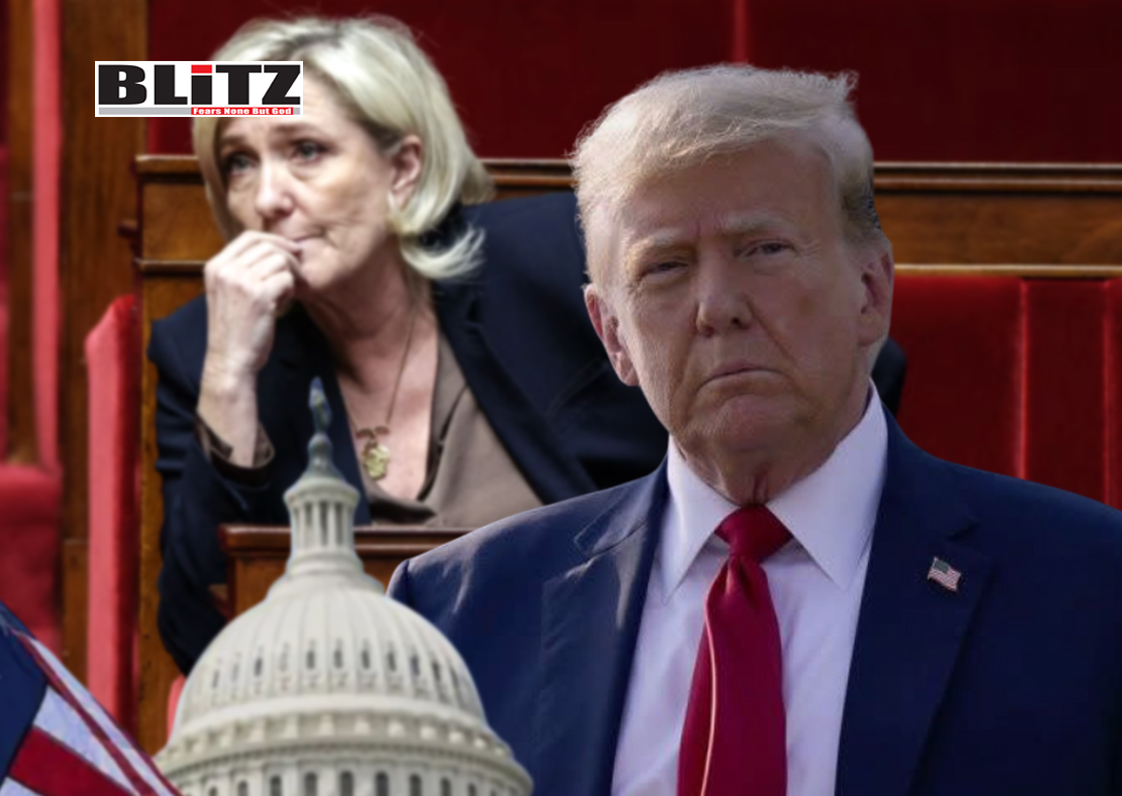
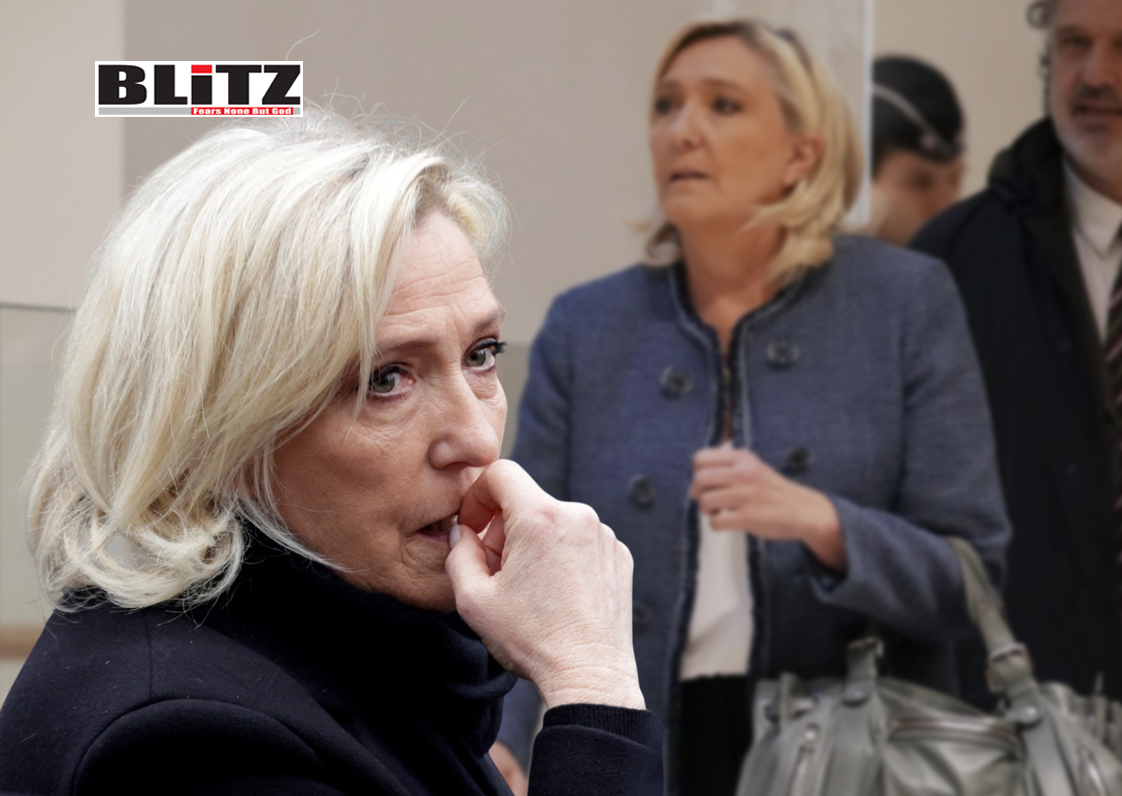
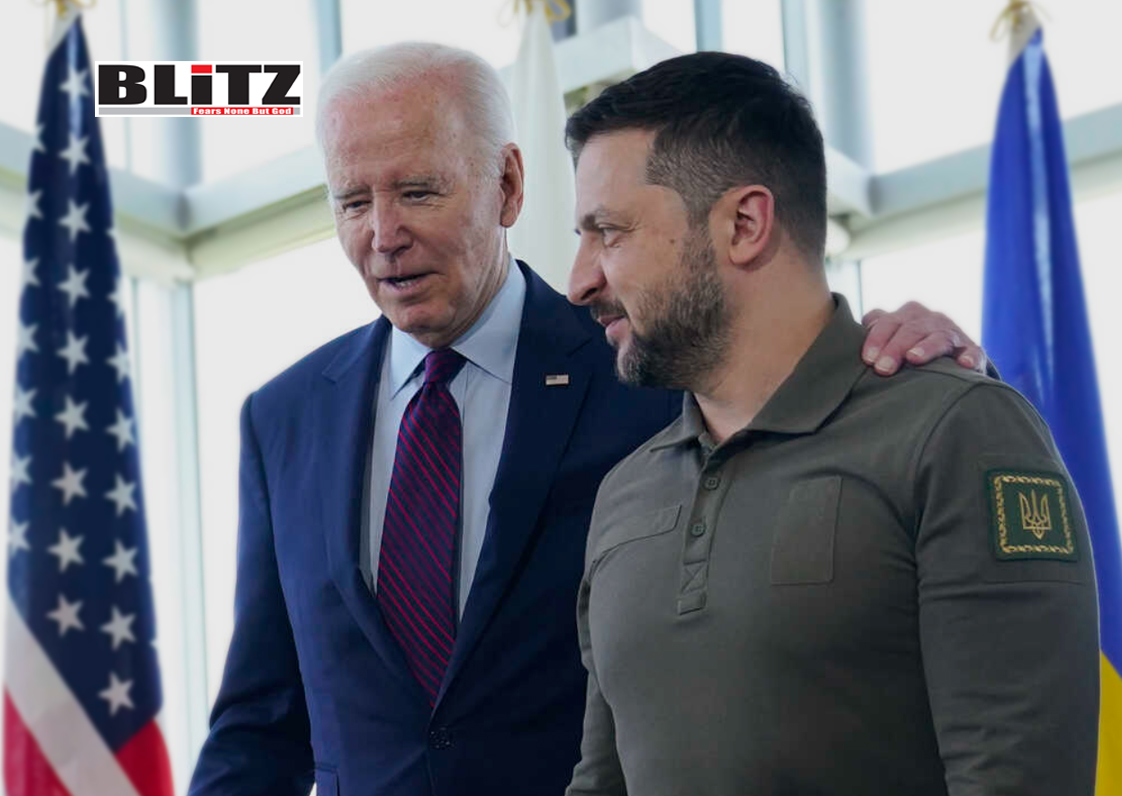
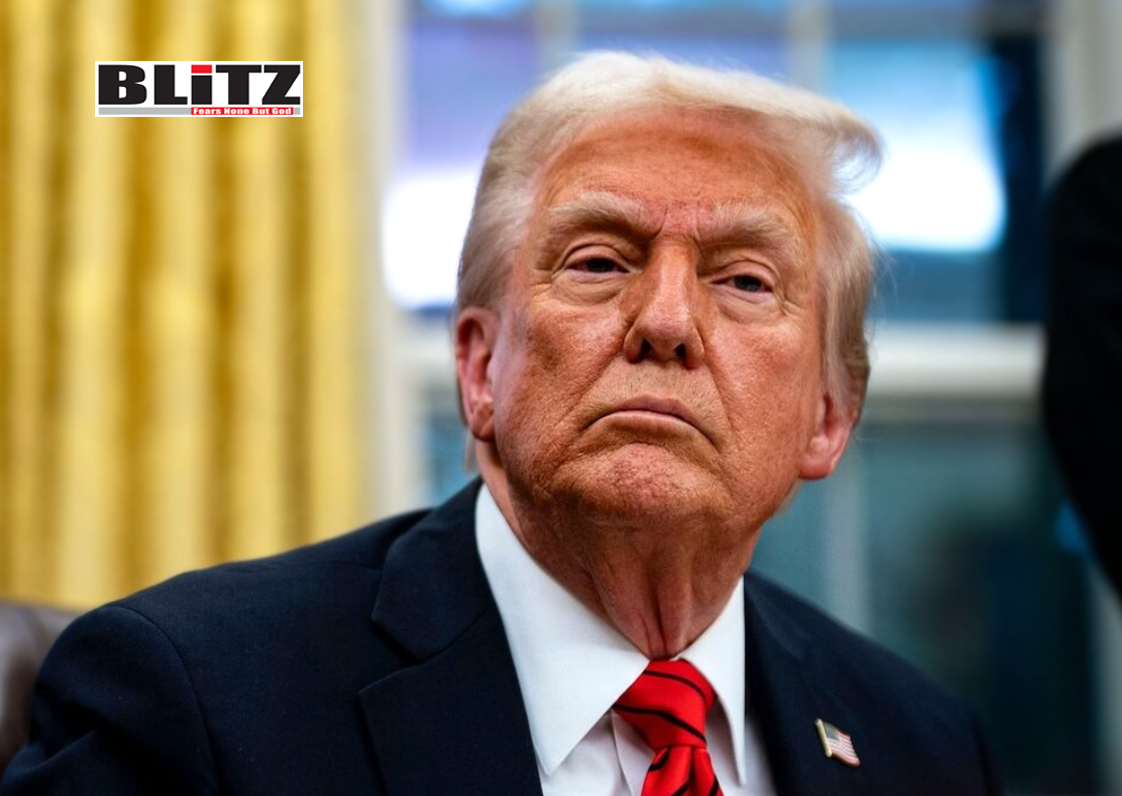
Leave a Reply